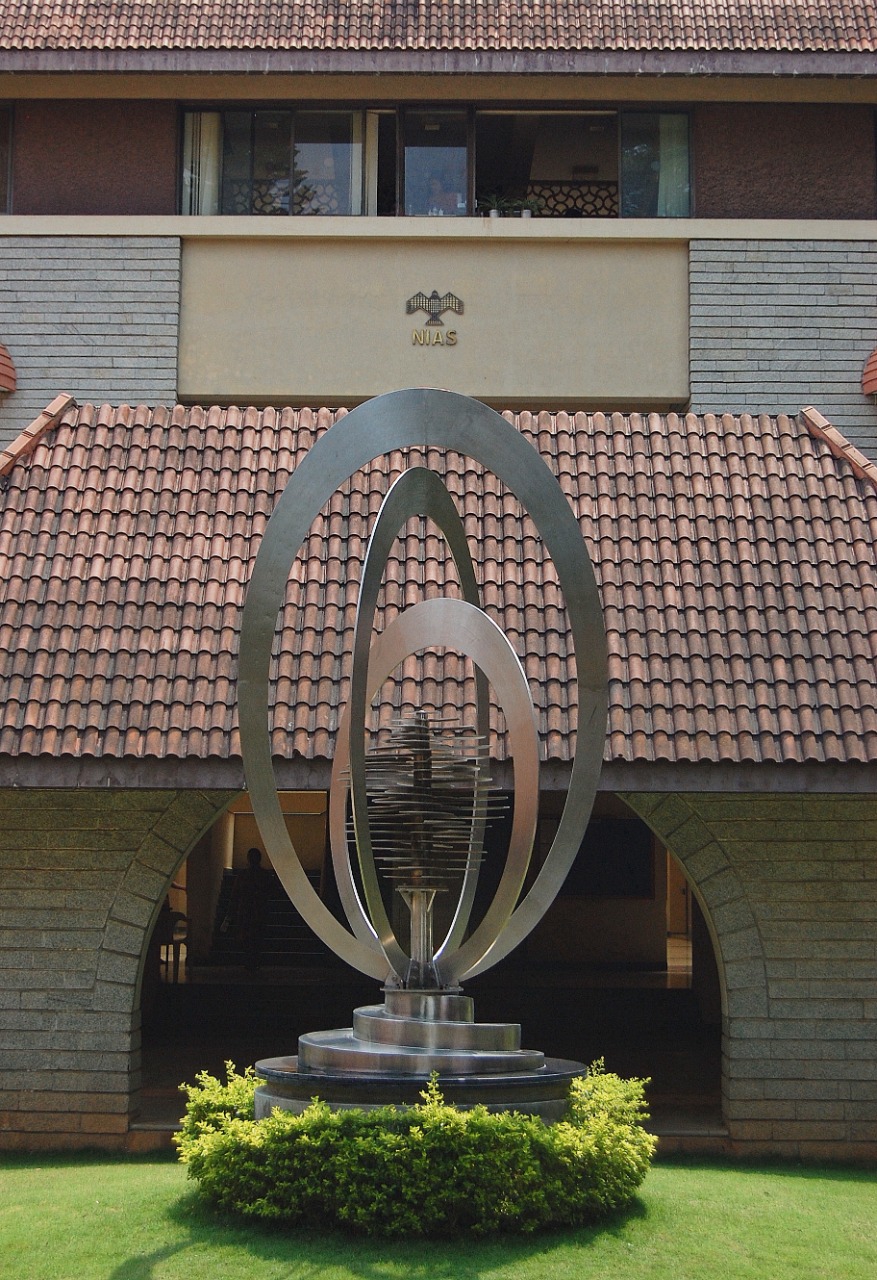
On October 22, 2015, Pakistan Promotion Board (PPB) appointed Lieutenant General Naseer Khan Janjua as National Security Advisor (NSA) replacing Sartaj Aziz. Lieutenant General Naseer Khan Janjua, who retired in October 2015 was former chief of Pakistan Army’s Southern Command based in Quetta, Balochistan. This move no doubt reiterates the Pakistan Army’s control over security and foreign policy and further strengthens the military dominance in the country.
By installing a military man in the NSA’s office, the Pakistan Army has re-asserted its hold and has taken away the leeway from the civilian establishment in foreign and security related issues. Sartaj Aziz is a veteran administrator and was considered a powerful minister and close to Prime Minister Nawaz Sharif during the previous Sharif administrations. Eye brows were raised when Sharif appointed him to the dual role of NSA and advisor on foreign affairs. Sartaj Aziz had carried on his task fairly effectively and the military saw red when Aziz began calling shots on the security issues and these decisions were endorsed by the Prime Minister Nawaz Sharif.
Since May 2014, after Narendra Modi assumed office, it was Aziz who has been communicating with the new dispensation in New Delhi regarding Indo-Pak relations and coordinating dialogue between the two counties at various fora. Aziz was generally seen to have independent opinions on Indo-Pak relations which was not palatable to the Pakistan Army. Even amidst military’s dissatisfaction about his functioning, Sharif continued to have faith in Aziz and delegated him to manage security and foreign policy issues, especially those related to India in general and Kashmir in particular. But the situation could not last long and culminated in the Pak Army easing Sharif out of the NSA’s office and placing an Army man, Lt. Gen. Janjua in the crucial office of NSA.
In all democratic countries, the NSA reports directly to the Prime Minister who is the head of the government. It is possible that Sartaj Aziz might have angered the Pak Army by not consulting the military top brass on important foreign and security policies. With a military man occupying the position of the National Security Advisor it will be difficult for Sharif to take independent decisions on matters related to security and foreign policy. It is a clear setback for Sharif and will have a direct bearing on security related policy initiatives.
The civilian military relations in Pakistan experiences friction whenever the civilian establishment attempts to take an independent stance without taking the military into confidence on strategic issues. In the past, Nawaz Sharif has been at the receiving end of the Pak Army’s wrath and was dislodged from office by Gen. Parvez Musharraf in the aftermath of Kargil conflict. He is therefore conscious about the role the Pak Army can play in destabilizing his government.
Having got a huge mandate in the general elections, PM Sharif might take occasional risks in transgresses into the military’s domain, but is unlikely to cross any red-lines.. This situation mirrors the current reality of civil military relations in Pakistan. The appointment of Lt.Gen Janjua has been the result of the military re-exerting its pre-eminence. The current Pakistan Army Chief Gen. Raheel Sharif does not speak much to the media. However whenever he does interact with the media it has generally been regarding the Kashmir issue or statements regarding Indo-Pak relations. In this aspect, Gen Sharif mirrors the former Pak Army Chief Assfaq Parvez Kayani in this aspect, as compared to the media savvy Gen. Parvez Musharraf.
There are differences between PM Nawaz Sharif and Army Chief Gen. Raheel Sharif on two crucial issues – one regarding India and the other regarding the restive Khyber Pakthunkhwa and Afghanistan. The differences crop up as and when Pakistan comes under increasing pressure from the US for its role in supporting the Pakistan and the Haqqani network as seen most recently following the recent Taliban take-over of Kunduz.
During the recent visit to US, PM Nawaz Sharif was confronted by the US President Barack Obama with this issue. The so called civilian nuclear deal with America too was a non-starter as the US administration made it very clear that there was no such agreement was being discussed at the moment. Sharif tried to present Islamabad’s version of “Indian aggression” along the border and the “role” of India in fomenting unrest in Baluchistan. Both of which were dismissed by US. The lack of any major results from the US visit has further weakened Prime Minister Sharif’s hand.
On November 27, 2015 speaking to British PM David Cameron on the sidelines of the Commonwealth Heads of Government Meet (CHOGM) in Valetta, Malta, Pakistani PM Sharif made an important remark. He is believed to have stated Pakistan was ready for talks with India without any pre-conditions. The statement could be an attempt by the civilian administration to dispel the general impression that the Pak Army is calling all the shots on security and foreign policy. How far the initiative would go in light of India’s insistence on ‘sequencing of events’ as outlined in the roadmap of engagements agreed upon by the Indian and Pakistani PMs at their meeting on the sidelines of the Shanghai Cooperation Organisation’s summit at Ufa on July 10. This roadmap outlines dialogues between two NSAs; between the DG, Pak Rangers and DG, Border Security Force and between Indian and Pakistani DGMOs.
In light of the above, friction between civilian and military establishments is likely increase the coming days. PM Nawaz Sharif would have to use all his political acumen to counter the external pressure applied by the global community, especially USA and on the domestic front exerted by the Pakistani Army. By all accounts, it the coming months are going to be turbulent for the PM Nawaz Sharif.
